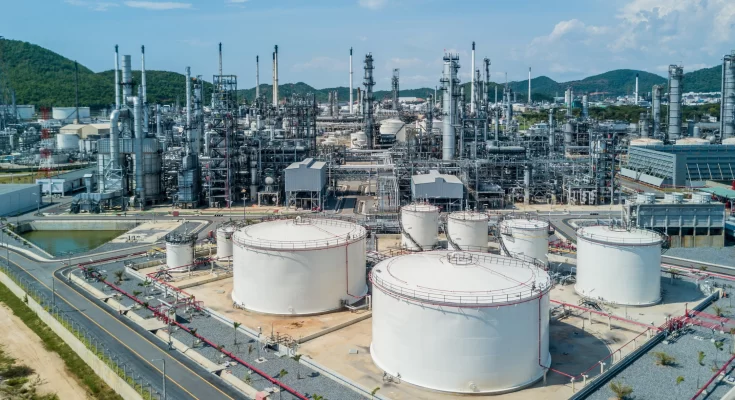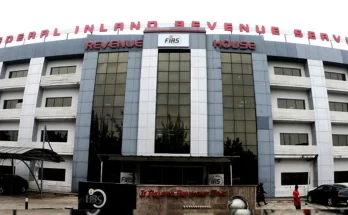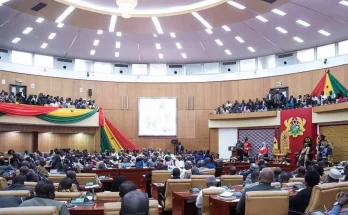In a move designed to attract investment and reduce production costs in Nigeria’s oil sector, President Bola Tinubu has signed an executive order that ties tax relief to cost-cutting performance by oil and gas operators.
The new framework, titled the Upstream Petroleum Operations Cost Efficiency Incentives Order 2025, aims to incentivize operators who successfully implement cost-saving measures across onshore, shallow water, and deep offshore fields.
According to the text of the order, eligible companies can earn tax credits worth up to 20 percent of their annual tax liabilities. These incentives are intended to reward companies that achieve verifiable reductions in operational costs by adopting industry best practices.
“This order is a clear signal of our commitment to creating an oil and gas industry that is both competitive and sustainable,” President Tinubu said in a statement released by the Presidency. “It is about unlocking opportunities, creating jobs, and making sure that every barrel produced delivers value for the Nigerian people.”
Analysts Weigh In on Potential Impact
Tax analysts and industry observers have highlighted the potential benefits of the order but caution that success will depend heavily on its implementation.
Clementine Wallop, director for sub-Saharan Africa at Horizon Engage, noted that effective coordination between regulatory agencies will be crucial.
“President Tinubu’s emphasis on agency alignment is critical,” Wallop explained. “If the government can ensure consistent and transparent implementation, this measure could significantly improve Nigeria’s attractiveness to investors.”
Rwanda Rolls Out New Taxes to Boost Revenue and Spur Development
Nigeria Introduces Tax Relief Framework: Part of Broader Fiscal Reforms
This executive order is one of several initiatives the Nigerian government has rolled out to enhance the competitiveness of its oil and gas sector.
Last year, authorities introduced a 25 percent gas utilization investment allowance for qualifying equipment and plants in both new and existing projects. The government also initiated a review of contracting processes, aiming to streamline approvals and reduce delays in project delivery.
While these earlier measures have not yet sparked investments in entirely new oil fields, industry insiders report that they have encouraged some companies to return to existing operations with renewed confidence.
Tax Incentives and National Development
Officials at the Federal Inland Revenue Service (FIRS) describe the new order as a strategic tool to balance tax policy with economic development.
“Linking tax incentives to performance encourages companies to innovate and optimize,” one senior FIRS official commented. “It ensures that tax reliefs are earned, not just granted, aligning with Nigeria’s drive to maximize revenue while supporting growth.”
Industry Outlook
Experts believe that if implemented effectively, the new framework could help Nigeria address longstanding challenges such as high production costs, regulatory uncertainties, and declining investment.
The government’s plan aligns with broader fiscal goals to diversify revenue streams while modernizing the oil and gas industry—a sector that remains a cornerstone of Nigeria’s economy.
As Nigeria moves forward with this reform, industry players and tax professionals will be watching closely to see how the incentives play out in practice—and whether they will deliver the cost savings and tax benefits that the government has promised.




